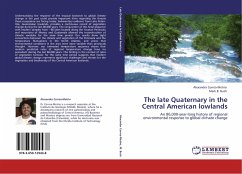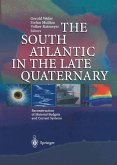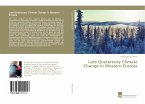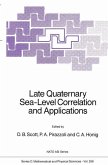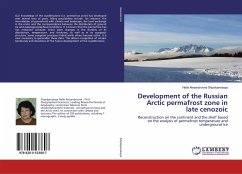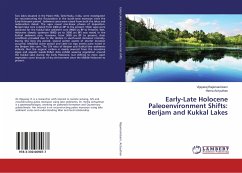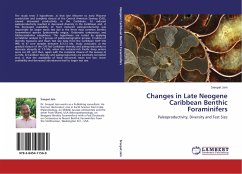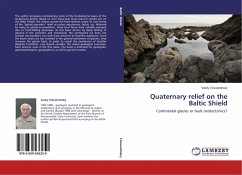Understanding the response of the tropical lowlands to global climate change in the past could provide important hints regarding the threats these ecosystems are facing today. Sedimentary evidence from Lake Petén-Itzá, Guatemalan lowlands, provides a continuous record of vegetation change during the last 86,000 years. The conjunction of this fossil sequence with modern samples from ~80 lakes located along the Yucatan Peninsula and mountains of Mexico and Guatemala allowed the reconstruction of climatic variables for the same time period. Our results show tight connections between the climate and vegetation of the Peninsula and the temperature fluctuations in the North Atlantic, and prove that environmental conditions in the area were more variable than previously thought. However, our estimated temperature sequence shows that modern predicted rates of regional temperature change have no precedent during the last 86,000 years. This finding in the context of rates of vegetation turnover for the same time period suggests that modern global climate change represents significant challenges and threats for the vegetation and biodiversity of the Central American lowlands.

